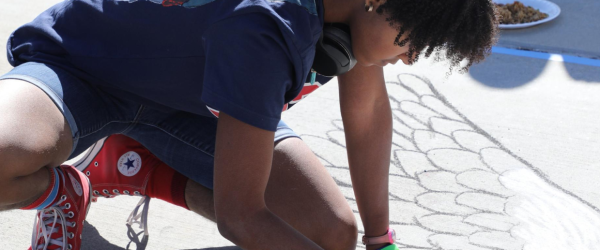How Does Social Media Affect Your Self Image?

Photo courtesy of IAB Ireland.
November 29, 2016
Eighty one percent of teens use some type of social networking site according to Daily Tech. Teens often use social media to connect with friends and share pictures and information online and social media has proven to affect teen’s self confidence in both positive and negative ways.
In many cases the amount of likes a picture receives can change a teen’s attitude towards themselves. A high amount of likes can boost their confidence while a low amount of likes can lower their self-esteem.
Social media can also make teens feel like their life is boring or dull compared to what is going on in other’s lives based on what is posted on social media as reported by Alternet.
“Without a lot of ‘likes,’ followers, or retweets, teens see themselves as ‘not good enough.’
Teens are constantly exposed to seeing this ‘perfect image’ of who they should be, all provided by social media. They feel if they can’t become that ‘perfect image,’ then they’re not good enough for anyone or themselves. This constant exposure to ‘perfection’ from social media affects a teen’s self-identity, self-esteem and even may cause depression,” stated the Omaha Central Register.
Alhees Basharmal (9) feels that, “When I get lots of likes on an Instagram photo I am wanted and accepted in society. However, social media has still made me feel like i’m not good enough when I barely get any likes on my photos. Most of the time on good days I will get around 24 likes on each post out of my seven hundred followers.”
“If someone has good self-confidence, the amount of likes they get will not affect them. If someone is insecure or isn’t confident, a low amount of likes it might affect the way they think about themself. They will probably feel like no one likes them,” Eloise Barret (9) stated.
Cyberbullying is also a major issue when it comes to social media. According to CNN, twenty three percent of teens have reported being cyberbullied and fifteen percent of teens have confessed to cyberbullying others.
As reported by the National Institute of Mental Health, 2.2 million children aged twelve to seventeen went through at least one severe case of depression last year, some of which might have been caused by cyberbullying.
“I feel like social media only has negative effects in society because people can anonymously bully others online and when someone doesn’t have lots of instagram followers or facebook friends, it can cause them to have negative thoughts about themself.” Alhees stated.





















